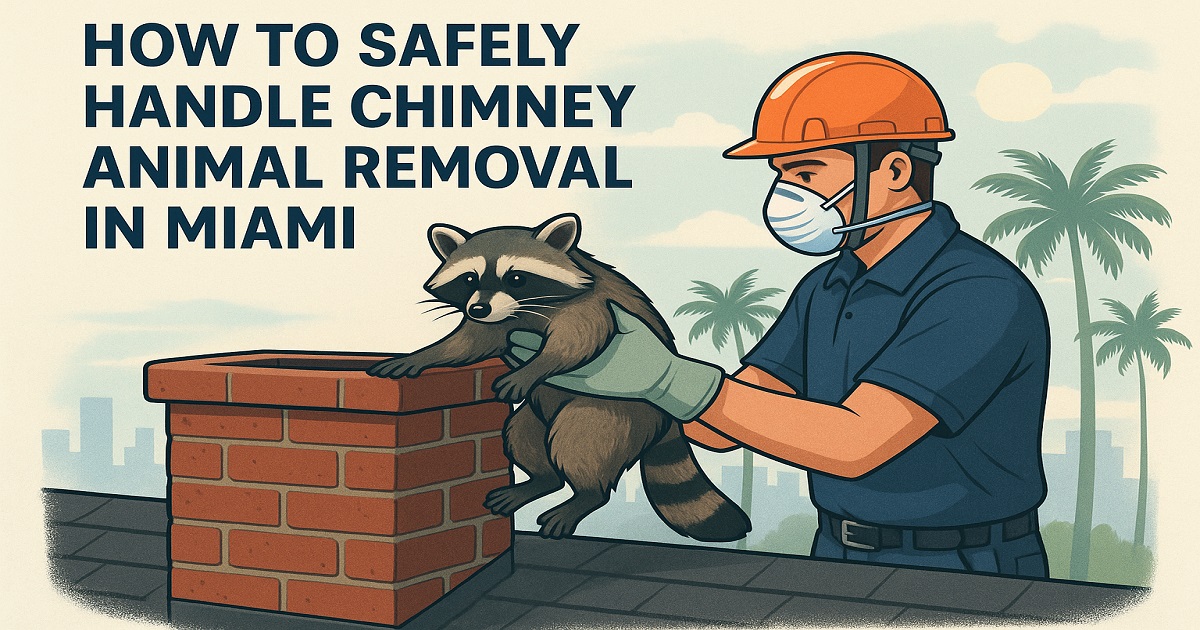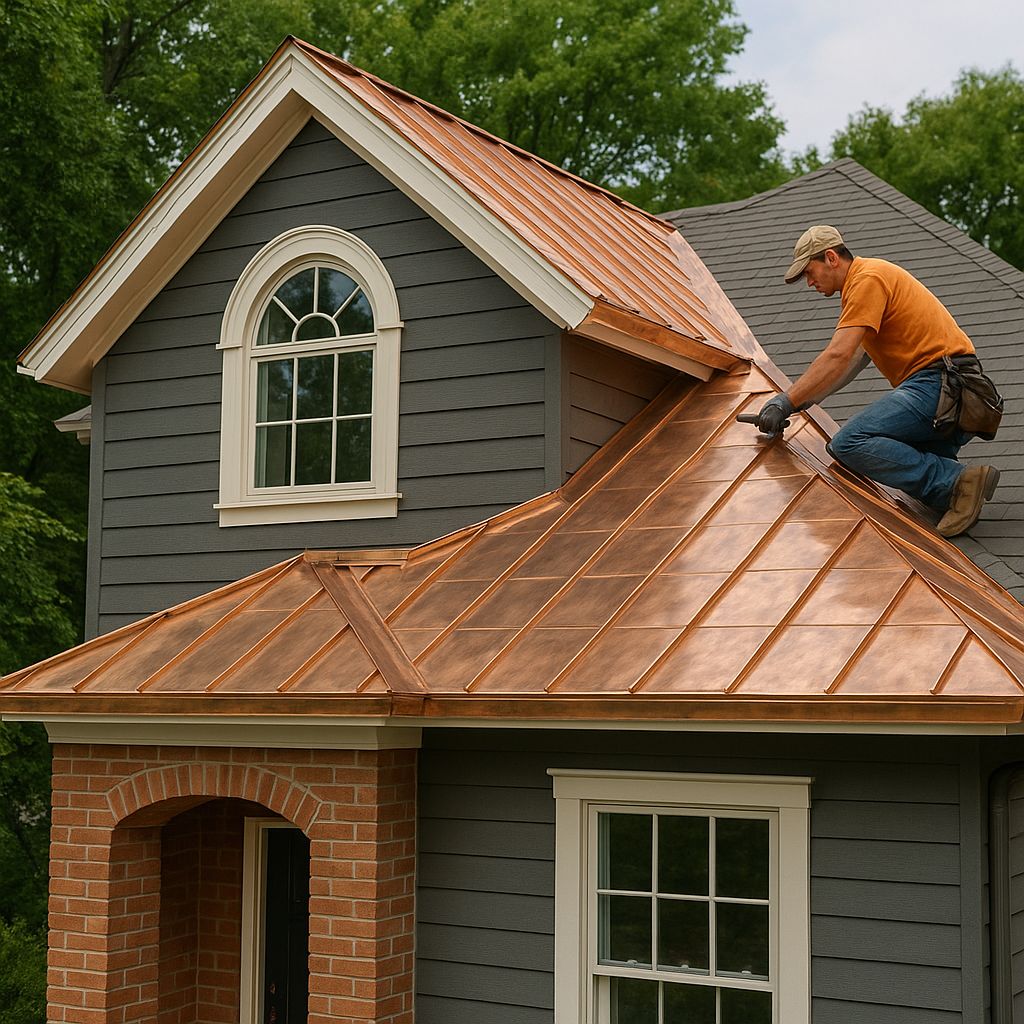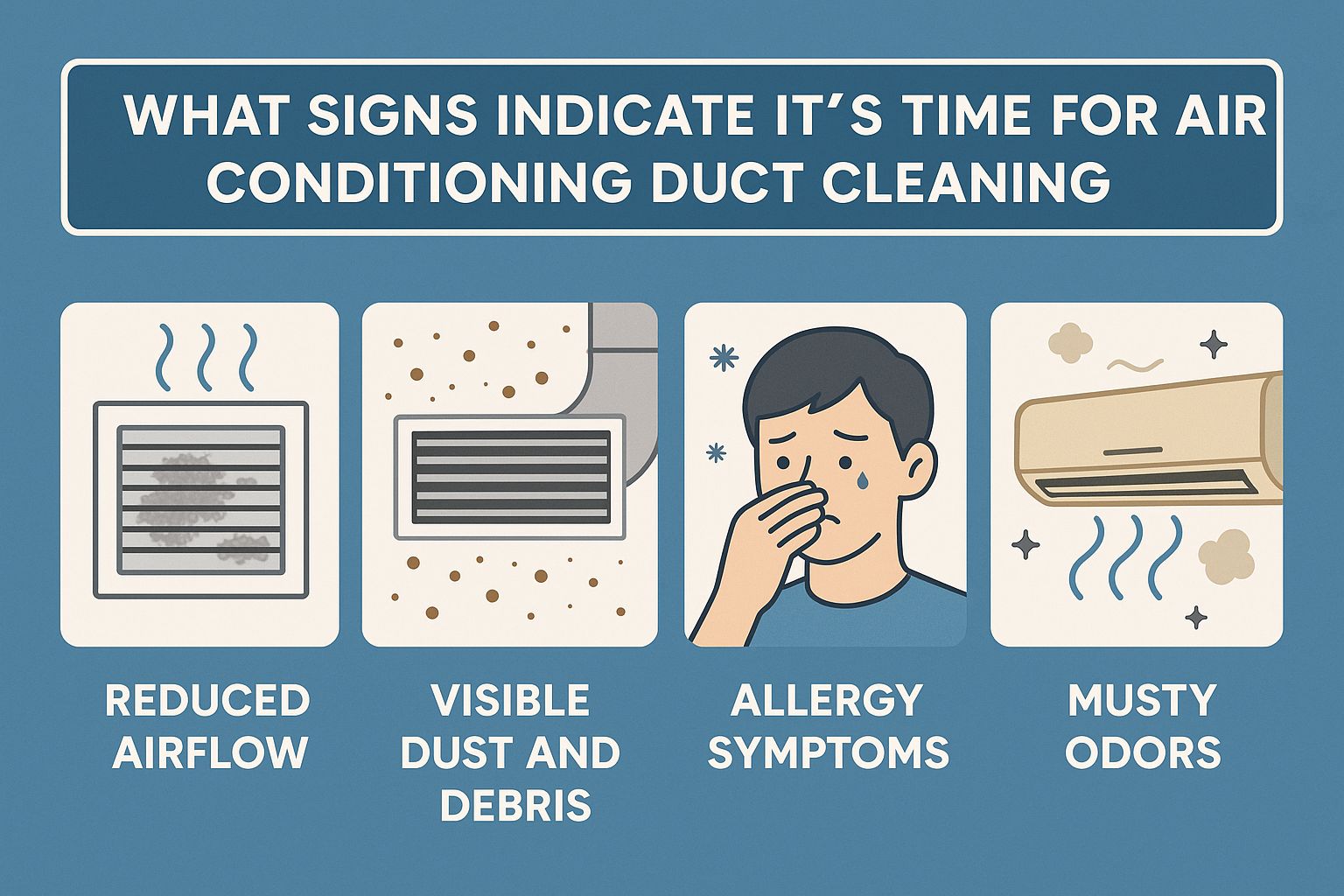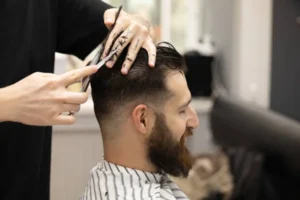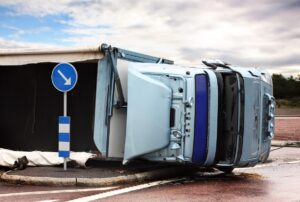How to Safely Handle Chimney Animal Removal in Miami
Living in Miami has its perks—sunshine, palm trees, and a colorful mix of wildlife. But sometimes, that wildlife decides your chimney looks like the perfect vacation spot. Birds, squirrels, and even the occasional raccoon might find their way in, making your cozy home their own. While it can be a bit startling to hear scratching or chirping coming from inside the walls, there’s no need to panic. I’ve had my fair share of critters in the chimney, so let me walk you through how to handle these uninvited guests in a way that keeps both you and them safe. Chimney Animal Removal
Spotting the Signs: Is There an Animal in Your Chimney?
Before you jump to conclusions, it helps to know what to look (and listen) for. Here are a few hints that a furry or feathery visitor may have moved in:
| Sign | What It Means |
|---|---|
| Scratching Noises | Animals moving or nesting inside the flue or damper. |
| Chirping or Squeaking | Often birds, bats, or young animals making themselves heard. |
| Unusual Smells | Decomposing material or droppings from trapped animals. |
| Debris in Fireplace | Nesting material dropping down from above. |
| Animal Sightings | Seeing a tail, fur, or feathers poking out of the damper or chimney cap. |
If you notice any of these, it’s time to take action—but let’s do it the right way.
Why You Shouldn’t Try to Remove Animals Yourself
It’s tempting to grab a broom or poke around with a flashlight, but trust me, DIY animal removal can go south quickly. Many wild animals carry diseases, and some will defend themselves if they feel threatened. Plus, Miami laws protect certain species, so you could get in trouble for disturbing their nests.
Beyond that, without the right know-how, you might hurt the animal or end up getting bitten or scratched. In some cases, baby animals could be left behind if the mother is scared away. That’s why calling in a professional is usually your safest bet. Animal control experts have the tools and training to get the job done humanely and efficiently.
What the Pros Do During Chimney Animal Removal
Wondering what happens when you bring in the experts? Here’s a quick rundown of how animal control usually handles things:
- Inspection: They’ll check the chimney with special cameras or tools to figure out what kind of animal they’re dealing with and where it’s hiding.
- Safe Removal: Using humane traps or one-way doors, they guide the animal out without harm. Baby animals are carefully reunited with their mothers if possible.
- Chimney Cleaning: After removal, the team clears out nests, droppings, and debris to prevent bad smells and reduce fire risks.
- Prevention: They’ll usually recommend a chimney cap or other barriers so the problem doesn’t repeat.
The best part? You get peace of mind knowing the job’s done right, and no critters are left behind.
“Respecting the wild means finding solutions that protect both our homes and the creatures that share our world.”
Keeping Animals Out for Good
Once you’ve handled your animal guest, you’ll want to make sure your chimney stays critter-free. Here are a few easy steps:
- Install a Chimney Cap: This is your chimney’s best defense—think of it like a sturdy lid that keeps animals out while letting smoke escape.
- Trim Nearby Trees: Overhanging branches make it easy for squirrels and raccoons to hop onto your roof and into the chimney.
- Regular Checkups: Make it a habit to inspect your chimney at least once a year, or after big storms, to spot damage or gaps.
- Seal Entry Points: If you notice cracks or holes near your chimney or roofline, patch them up before animals find their way in.
A little prevention goes a long way, saving you future headaches and protecting the wildlife too.
FAQs About Chimney Animal Removal in Miami
Q: What animals are most likely to get into Miami chimneys?
A: You’ll mostly find birds, especially chimney swifts, plus squirrels, raccoons, and sometimes bats.
Q: Is it dangerous to light a fire with an animal inside?
A: Yes! Lighting a fire can harm the animal and potentially block smoke from escaping, causing smoke to back up into your home.
Q: How quickly should I act if I suspect something’s in the chimney?
A: The sooner, the better. Prompt action keeps both your home and the animal safe.
Q: Can animal control guarantee the animal won’t come back?
A: No one can promise you’ll never have another visitor, but proper prevention steps make it much less likely.
Conclusion: Sharing Our Space Responsibly
When animals slip into our chimneys, it’s usually by accident—they’re just looking for shelter. Handling the situation safely is about more than just protecting your home; it’s about being a good neighbor to the wildlife that calls Miami home. With a little care, the right help, and some preventative measures, you can keep your chimney clear and everyone—human or animal—safe and sound.
Read More: Miami Chimney Sweep
